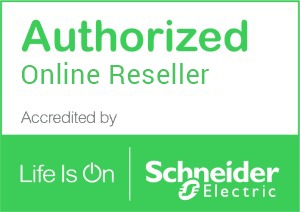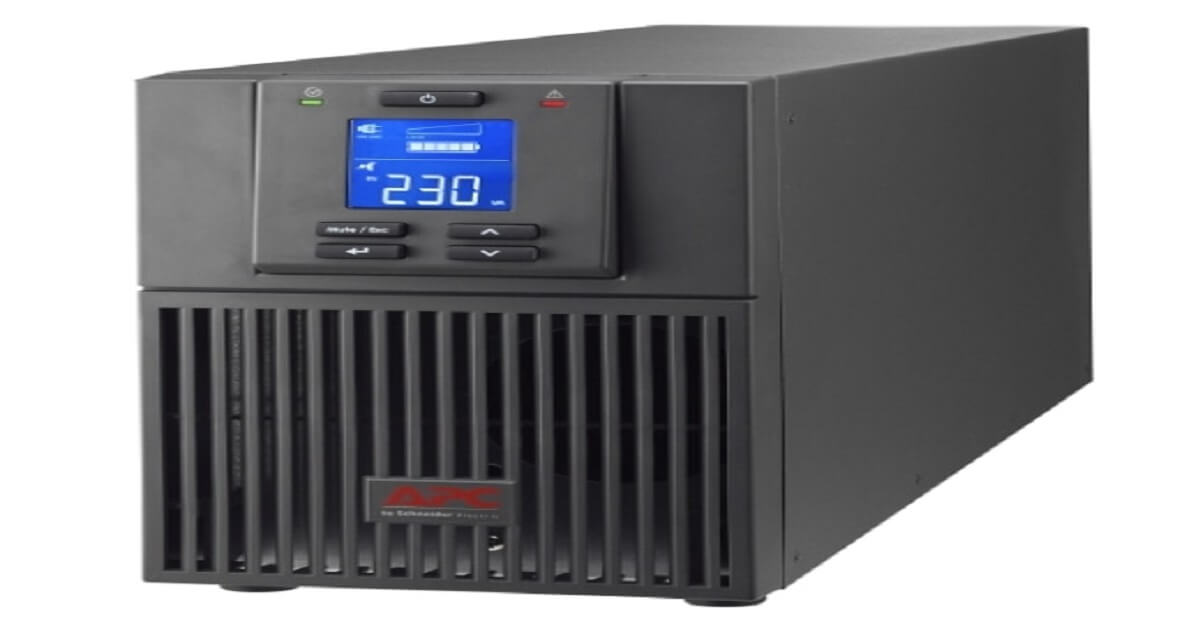In today’s digitally-driven world, businesses increasingly rely on electronic equipment and data, and one cannot overstate the importance of an uninterrupted power supply. Power outages and electrical disturbances can result in data loss, downtime, and potential revenue setbacks for home offices and small businesses. Many are turning to Uninterruptible Power Supply (UPS) systems to mitigate these risks. Let’s look into the role of UPS for home offices and small businesses, highlighting the benefits and considerations for choosing the right UPS solution.
The Need for UPS in Home Offices and Small Businesses
Home offices and small businesses often operate with limited resources and need help to afford the disruptions that power issues can cause. Here are some compelling reasons why UPS is essential for them:
Data Protection: In the digital age, data is invaluable. A sudden power outage can lead to data loss and corruption. UPS systems provide a buffer, allowing you to save your work and shut down your systems gracefully, safeguarding critical data.
Continuity of Operations: Downtime can be costly. Whether during a vital video conference, processing customer orders, or managing financial transactions, a UPS ensures that you can continue operations seamlessly during power outages.
Equipment Protection: Electrical disturbances like surges, spikes, and voltage fluctuations can damage sensitive electronic equipment. A UPS is a surge protector, shielding your valuable devices from harm.
Productivity: Constant interruptions due to power problems can disrupt workflow and hinder productivity. UPS systems control your devices, allowing you to focus on tasks without interruptions.
Customer Confidence: Small businesses rely on customer trust. If your website or communication channels go down due to power issues, it can erode customer confidence. UPS ensures your online presence remains intact.
Choosing the Right UPS for Your Needs
Selecting the right UPS system for your home office or small business. Consider the following factors:
Load Capacity: Determine the total power consumption of your equipment to choose a UPS with adequate load capacity. Ensure it can handle your computers, networking gear, and other essential devices.
Runtime: Calculate how long you need backup power during an outage. Choose a UPS with a runtime that aligns with your needs. You might need enough time to save work, shut down, or even continue working for an extended period.
Type of UPS: There are different UPS systems, including standby, line-interactive, and online (double conversion). Each has its advantages and is suited for specific applications. Online UPS provides the highest level of protection but is often costlier.
Outlets and Connectivity: Ensure the UPS has enough outlets and suitable device types. Some UPS systems have USB or network connectivity for remote monitoring and management.
Battery Type: UPS systems use various battery types, such as lead-acid and lithium-ion. When choosing, consider factors like battery life, replacement costs, and environmental impact.
Budget: UPS systems come in a range of price points. Balance your budget with your need for features and capacity.
Warranty and Support: Look for a UPS with a good warranty and accessible customer support. It’s essential to have peace of mind in case issues arise.
Benefits of a UPS for Home Offices and Small Businesses
Now, let’s look into the specific benefits a UPS system offers for home offices and small businesses:
Data Integrity: Protecting your data is paramount. Your word is saved with UPS, preventing data loss and corruption during sudden power interruptions.
Equipment Longevity: UPS systems guard against power surges and fluctuations, extending the lifespan of your electronic devices. It saves you money on repairs and replacements.
Uninterrupted Productivity: With a UPS, you can work through short power outages and avoid productivity losses. It is especially critical for businesses with tight deadlines and customer commitments.
Business Continuity: UPS systems keep your business running, even during extended power outages. It is essential for companies operating 24/7 or remote employees needing to access critical systems.
Protection Against Electrical Issues: A UPS protects against electrical disturbances, such as voltage spikes and surges, preventing damage to your expensive equipment.
Improved Customer Experience: Ensuring your online presence remains accessible during power outages helps maintain customer trust and satisfaction.
Installation and Maintenance
Installing a UPS system is relatively straightforward, but there are some key considerations:
Placement: Position your UPS system in a well-ventilated area, away from direct sunlight and heat sources. Ensure it’s accessible for monitoring and maintenance.
Battery Replacement: Batteries degrade over time. Follow the manufacturer’s guidelines for battery replacement to maintain the UPS’s effectiveness.
Regular Testing: Periodically test your UPS system to ensure it functions correctly. Most UPS units have a self-test function that you can activate.
Software Configuration: If your UPS system comes with monitoring software, install and configure it. It allows you to receive notifications and remotely manage your UPS.
Conclusion
Investing in a UPS system is a wise decision for home offices and small businesses. It provides protection against power outages, ensures data integrity, and promotes uninterrupted productivity. By carefully considering your specific needs and selecting the right UPS, you can safeguard your critical operations and equipment, ultimately contributing to the success and reliability of your business in an increasingly digital world.


